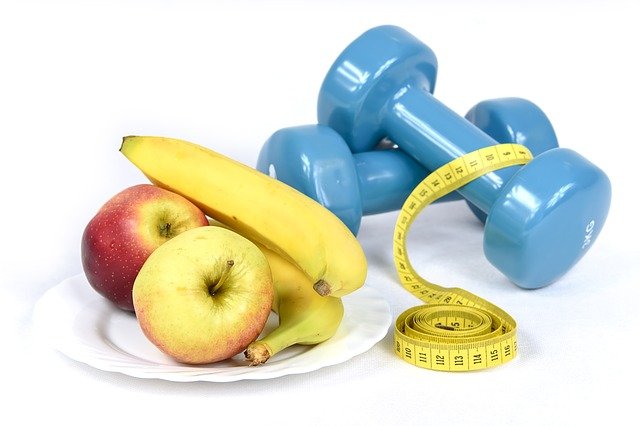Living a healthy, balanced lifestyle is important for everyone. The choices we make when it comes to food and activity dictate how we feel, think, and ultimately, how we live. But what if our lifestyle choices not only affected our lives on a daily basis, but also revealed something about ourselves? It might sound a bit unexpected, but our lifestyle choices, such as the foods we eat, the hobbies we pursue, and the clothing we wear, all reflect something about who we are as individuals.
Healthy diets are always strongly recommended for health and wellness, but what if our food choices also said something about our personality? Studies have shown that people who are more cautious and orderly in their lives often eat healthier choices such as vegetables and lean proteins. On the other hand, those with more adventurous personalities may indulge in riskier foods like junk food or spicy dishes.
The hobbies we choose also provide clues into who we are and what our interests are. Those who are more artistic and creative may be attracted to pursuits such as painting, photography, sculpting, and cooking. Those who are drawn towards competitive sports and other active activities may be seeking out adventure or a way to stay sharp and focused.
Clothing choices can tell us a great deal about our personalities as well. While fashion trends come and go, the clothing items we choose to purchase can serve as an expression of our values and interests. For example, those who practice eco-friendly and sustainable living may opt for natural fibres such as hemp and organic cotton. People who are health-conscious may choose athletic clothing that provides support and comfort for physical activity.
The lifestyle choices we make can give us insight into our personalities and preferences. Healthy choices are not just about physical wellness, but also about personal development and growth. Through taking control of our diets, our hobbies, and our fashion choices, we can learn more about ourselves, and thrive in the lifestyle that is right for us.








